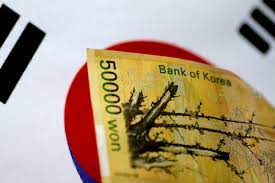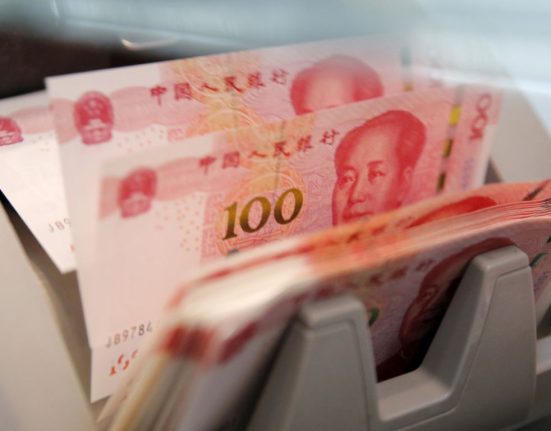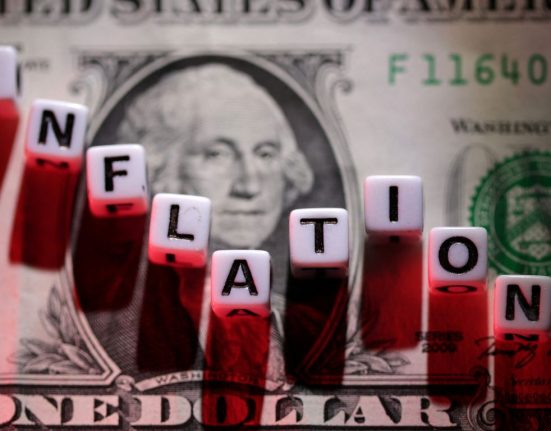South Korean Won Falls 0.5% as Rate Sensitivity Takes Its Toll
The South Korean won experienced a challenging day in the currency markets as it suffered a 0.5% drop, emerging as the worst-performing currency. This decline can be attributed to its sensitivity to interest rates, causing traders to reposition their investments. The rate sensitivity of a currency refers to its susceptibility to fluctuations in interest rates, with higher rates generally attracting foreign investors seeking higher returns. As a result, when interest rates decline or fail to meet expectations, the currency tends to weaken.
Australian Dollar Gains 0.1% on Strong Retail Sales Data
In contrast to the South Korean won, the Australian dollar managed to edge 0.1% higher, showcasing its resilience amidst market fluctuations. This surge was fueled by impressive retail sales data for May, surpassing analysts’ expectations. The robust performance of Australia’s retail sector indicates increased consumer spending, which translates into a positive economic outlook. As a result, investors demonstrated confidence in the Australian dollar, leading to its modest appreciation.
Factors Behind the South Korean Won’s Decline
Several factors contributed to the 0.5% slump in the South Korean won. Firstly, concerns surrounding the global economic recovery and uncertainties related to the COVID-19 pandemic have generated risk aversion among investors. In times of uncertainty, investors often seek safe-haven assets, causing currencies like the South Korean won to weaken. Moreover, the divergence in monetary policies among major economies, particularly the potential tightening measures in the United States, has further intensified the pressure on the South Korean won.
Implications of the South Korean Won’s Performance
The weakening of the South Korean won has both domestic and international implications. Domestically, a depreciating currency may lead to increased inflationary pressures as the cost of imports rises. This could potentially impact the purchasing power of consumers and dampen economic growth. Internationally, a weaker South Korean won makes the country’s exports more competitive, benefiting its export-oriented industries. However, it also poses challenges for South Korean companies that rely heavily on imported raw materials and components.
Retail Sales Boost Fuels Australian Dollar’s Rise
The Australian dollar’s 0.1% increase can be primarily attributed to stronger-than-expected retail sales data for May. Retail sales serve as a vital indicator of consumer spending, reflecting the overall health of an economy. The robust performance of Australia’s retail sector suggests that consumer confidence remains high, fostering economic growth. Increased retail sales indicate that Australians are actively participating in the economy, which can have a positive cascading effect on various sectors.
Market Sentiment and Economic Outlook
The currency market’s response to the South Korean won and the Australian dollar reflects the prevailing market sentiment and economic outlook. The decline in the South Korean won underscores the prevailing uncertainties in the global economy, driven by factors such as the pandemic, geopolitical tensions, and diverging monetary policies. These uncertainties have prompted investors to reevaluate their risk appetite, seeking safe-haven currencies or assets. Conversely, the rise in the Australian dollar suggests market confidence in the country’s economic recovery, backed by strong retail sales figures.
Conclusion
In summary, the South Korean won faced a 0.5% decline due to its sensitivity to interest rates, while the Australian dollar strengthened by 0.1% on the back of impressive retail sales data for May. The market movements observed highlight the impact of various factors, including global economic uncertainties, monetary policy divergence, and consumer spending patterns. As the currency market continues to respond to evolving circumstances, traders and investors will closely monitor these developments to navigate their investment strategies effectively.










